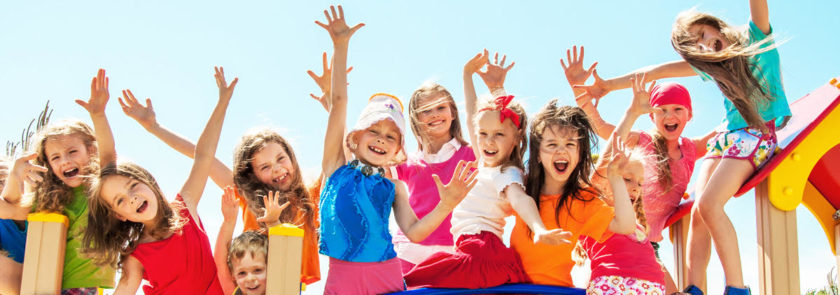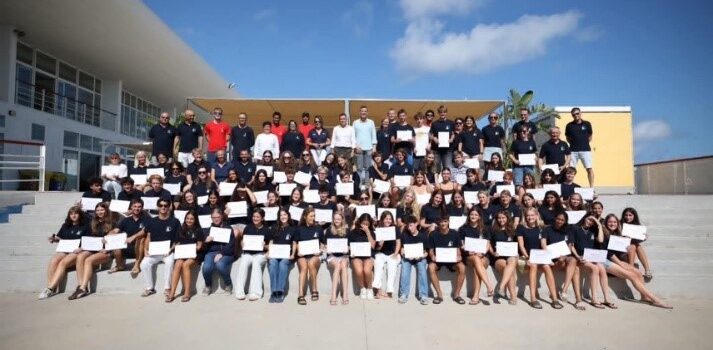From the 14th to the 19th of September 2025, a group of nine students and two teachers from S6 at the European School of Karlsruhe participated in Erasmus Maris Week in Borriana, Castellón, Spain, as part of the Erasmus Maris Project. Together with students and teachers from six schools across three European countries, they took part in an international program that combined scientific learning with cultural exchange.
The Erasmus Maris project is designed to involve secondary school students in genuine phases of scientific research. Its main focus is the study of microplastics and their impact on marine ecosystems. By engaging in both theoretical and practical activities, participants were introduced to modern methods of data collection and analysis, and they experienced firsthand the importance of scientific research for environmental protection.
Throughout the week, the program followed a structured combination of lectures, laboratory work, and field activities. Experts from the Joint Research Center (JRC) and the NGO Ayem Sailing Europe gave lectures on the global problem of microplastics and demonstrated how scientific data is used to understand and address marine pollution. The students also took part in nautical activities such as kayaking, stand-up paddleboarding (SUP), and sailing, which gave them the opportunity to observe the marine environment directly. In addition, they learned laboratory techniques for filtering and examining water samples in order to detect the presence of microplastics.
Collaboration was a central part of the project. Students worked in mixed international groups, which required clear communication, problem-solving, and cooperation across cultural and linguistic differences. This aspect of the program provided valuable experience not only in science, but also in teamwork and intercultural understanding.
At the conclusion of the week, all participants received a certificate of participation issued by the Intergovernmental Oceanographic Commission of UNESCO (IOC). This recognition highlighted the significance of their contribution and emphasized the value of involving young people in scientific research.
Erasmus Maris Project is not simply an academic project; it represented an opportunity to connect scientific knowledge with practical experience and to raise awareness of one of the most urgent environmental issues of our time. The participation of the European School of Karlsruhe reflects its commitment to offering students experiences that are both educational and meaningful for their future.
by Janka Hugelmann, S6 DEA student
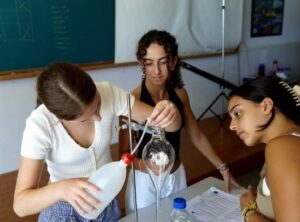
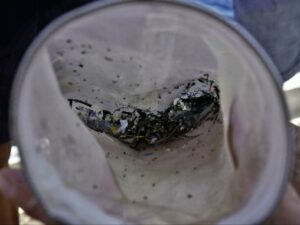
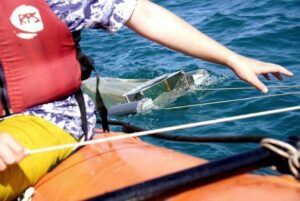
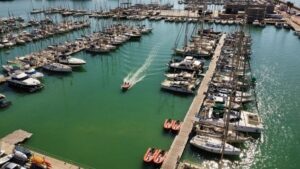
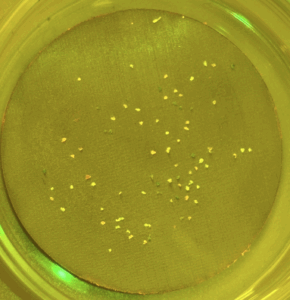
 En
En de
de fr
fr
